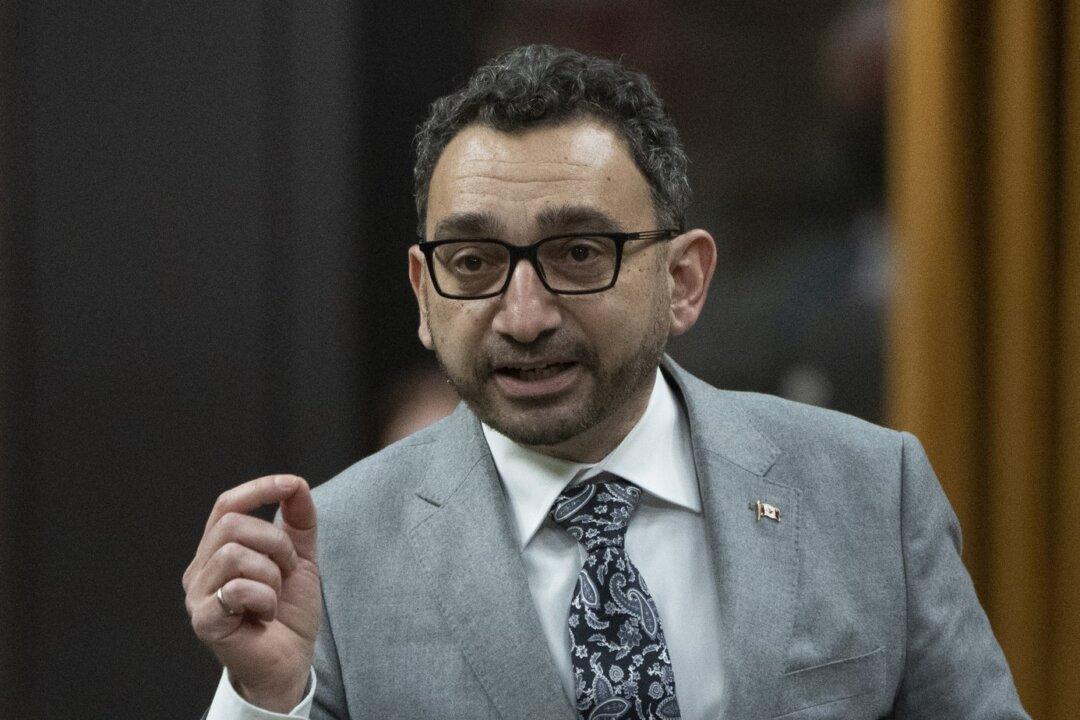EDMONTON—Alberta’s Advanced Education Minister Demetrios Nicolaides has been charged with improving free speech and academic freedom on the province’s campuses.
In a mandate letter released Nov. 16, Alberta Premier Danielle Smith instructed the minister to ensure the province’s post-secondary institutions “are adequately protecting the academic freedom and free speech of students and faculty.”





